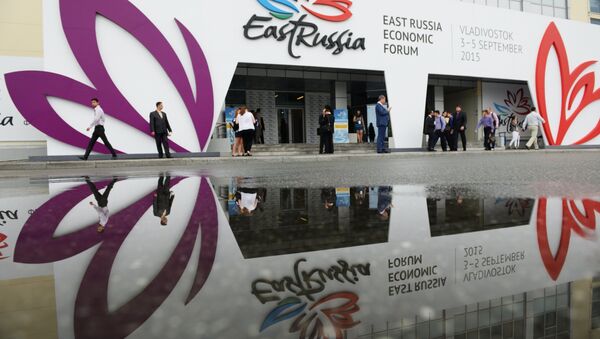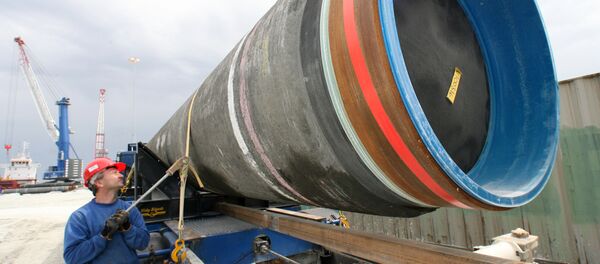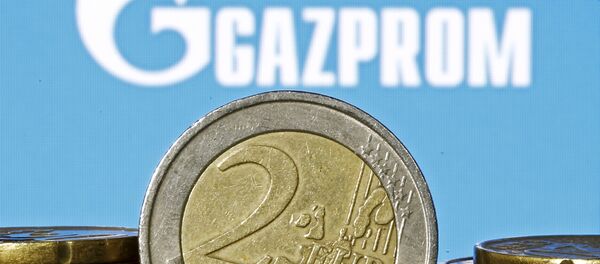In 2014, the deal was abandoned due to tensions over the Ukrainian crisis.
Dempsey pointed out that the deals clinched at the Vladivostok forum show that major European energy companies have no intention to quit Russia. They also reveal that "Gazprom wants to tie Europe’s lucrative gas market more closely to Russia."
What is more important, Dempsey underscored, the deals show that Russia is determined to abandon Ukraine as the major transit route for Russian gas to European markets.
According to the terms of the deal between Gazprom and Wintershall, the German company will control a stake of 25 percent in the Urengoy gas fields of Siberia. The fields will be developed by both companies.
The second deal involves Gazprom and a consortium of European companies to build a new Nord Stream pipeline. Gazprom will receive a stake of 51 percent in the new company, New European Pipeline AG.
The agreement "will enable Russia to send more of its gas directly to Germany, bypassing Ukraine," she pointed out.
The third deal involves OMV’s participation in the Urengoy oil and gas fields, the analyst wrote.
Under the terms of the deal, OMV will acquire a 24.8 percent stake in the project in exchange for Gazprom obtaining some of the assets of OMV.
"Together, these deals mean that Europe’s big energy companies want to return to business as usual with Russia, despite the continuing conflict in Ukraine and the EU’s continuing sanctions on Russia," the analyst assumed.
Russia in its turn needs European technologies and Europe’s reliable markets, according to Dempsey.
"Sanctions or not, Europe is too lucrative for Russia to ignore. […] And sanctions or not, Russia’s underdeveloped gas fields are too lucrative for Europe’s energy companies to ignore," she concluded.




